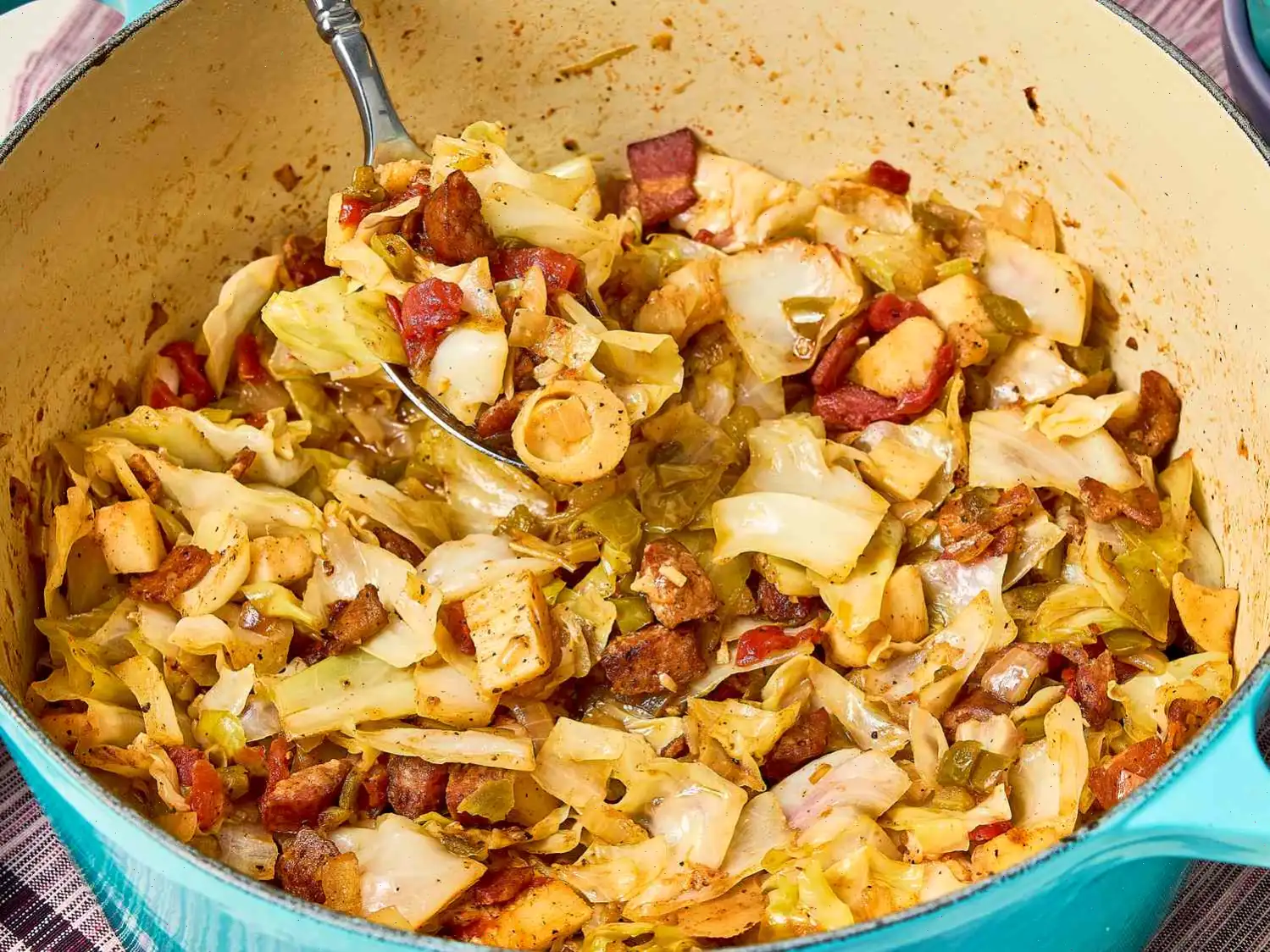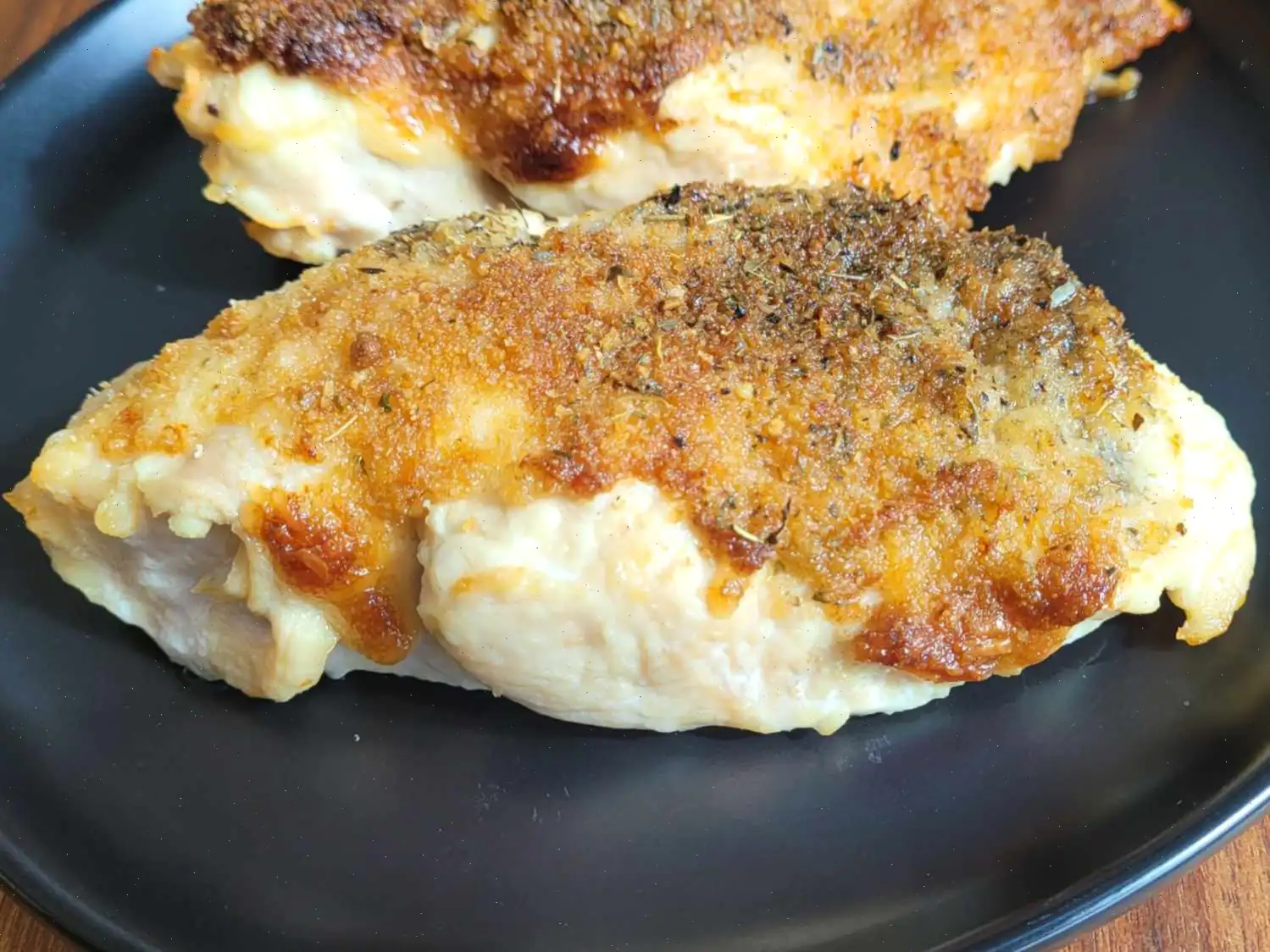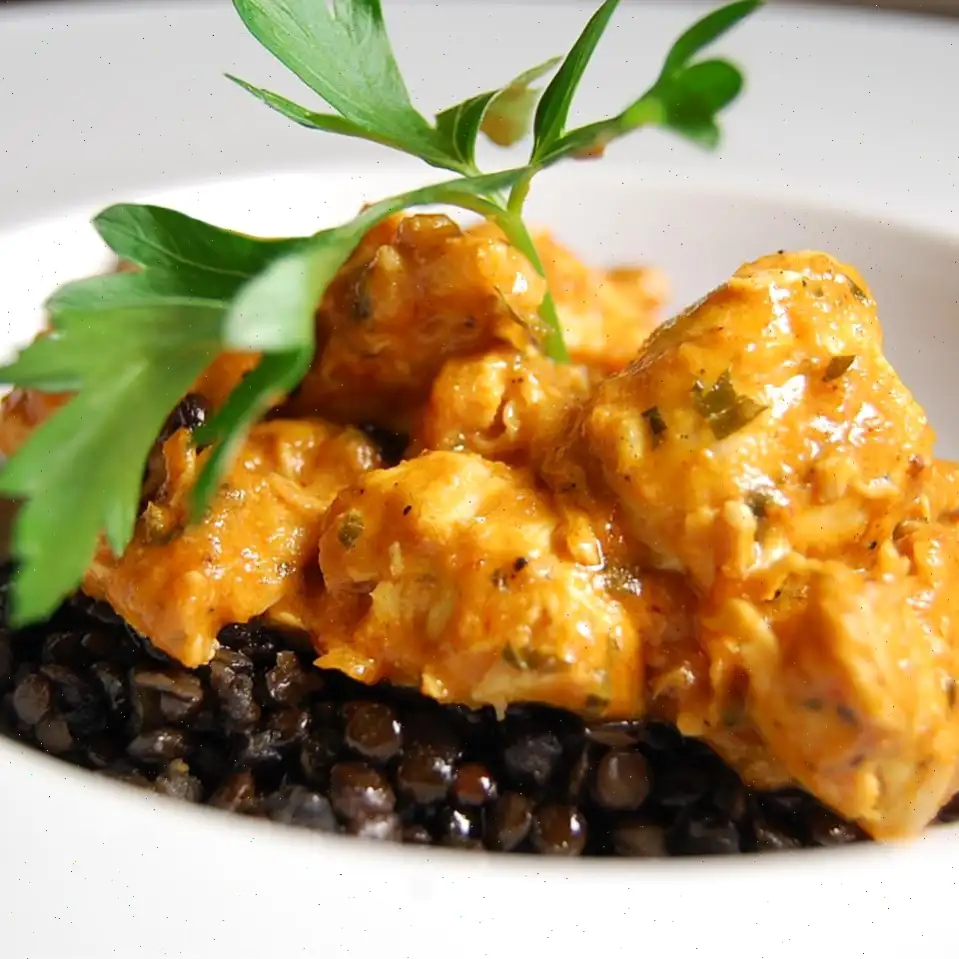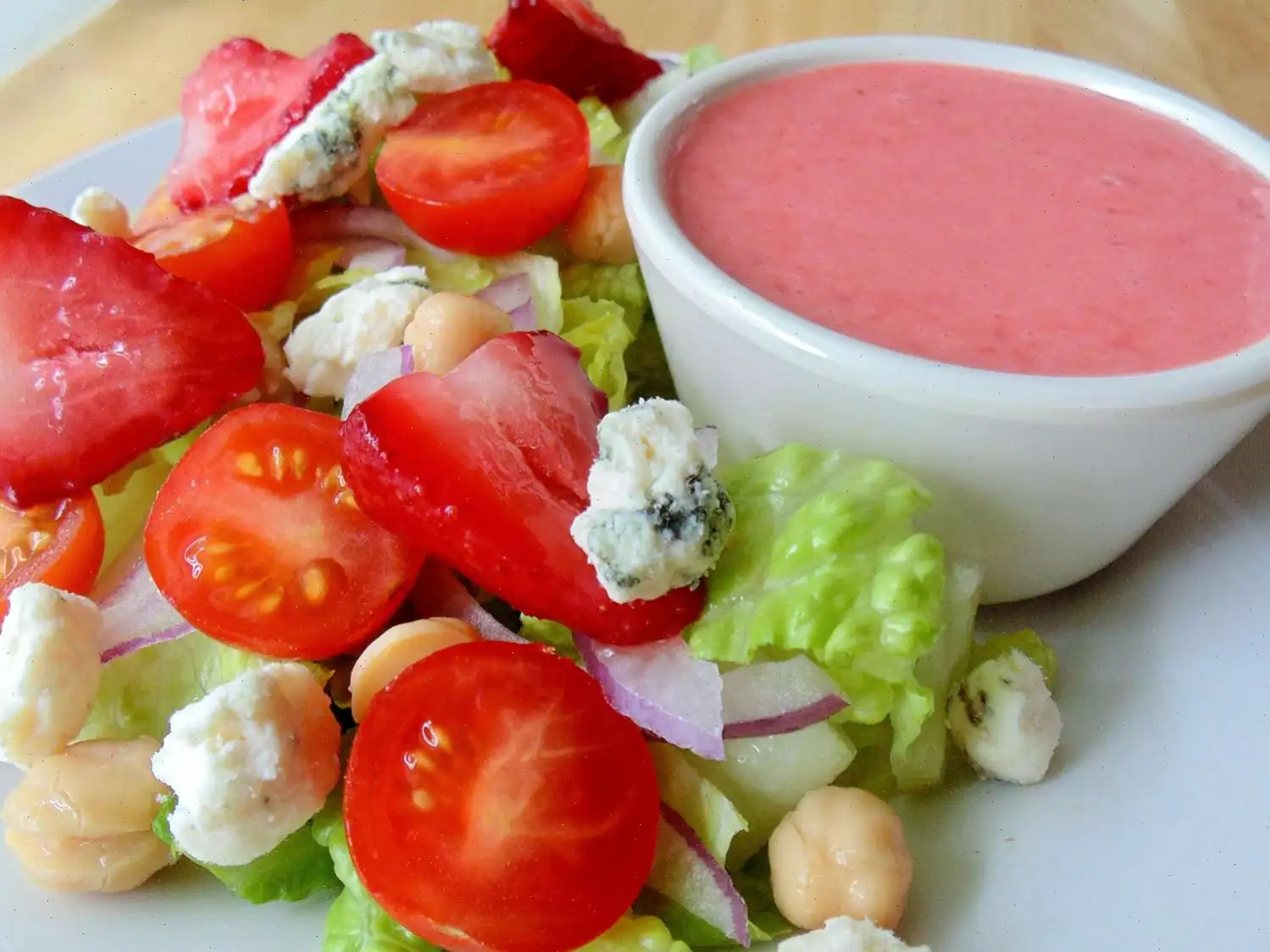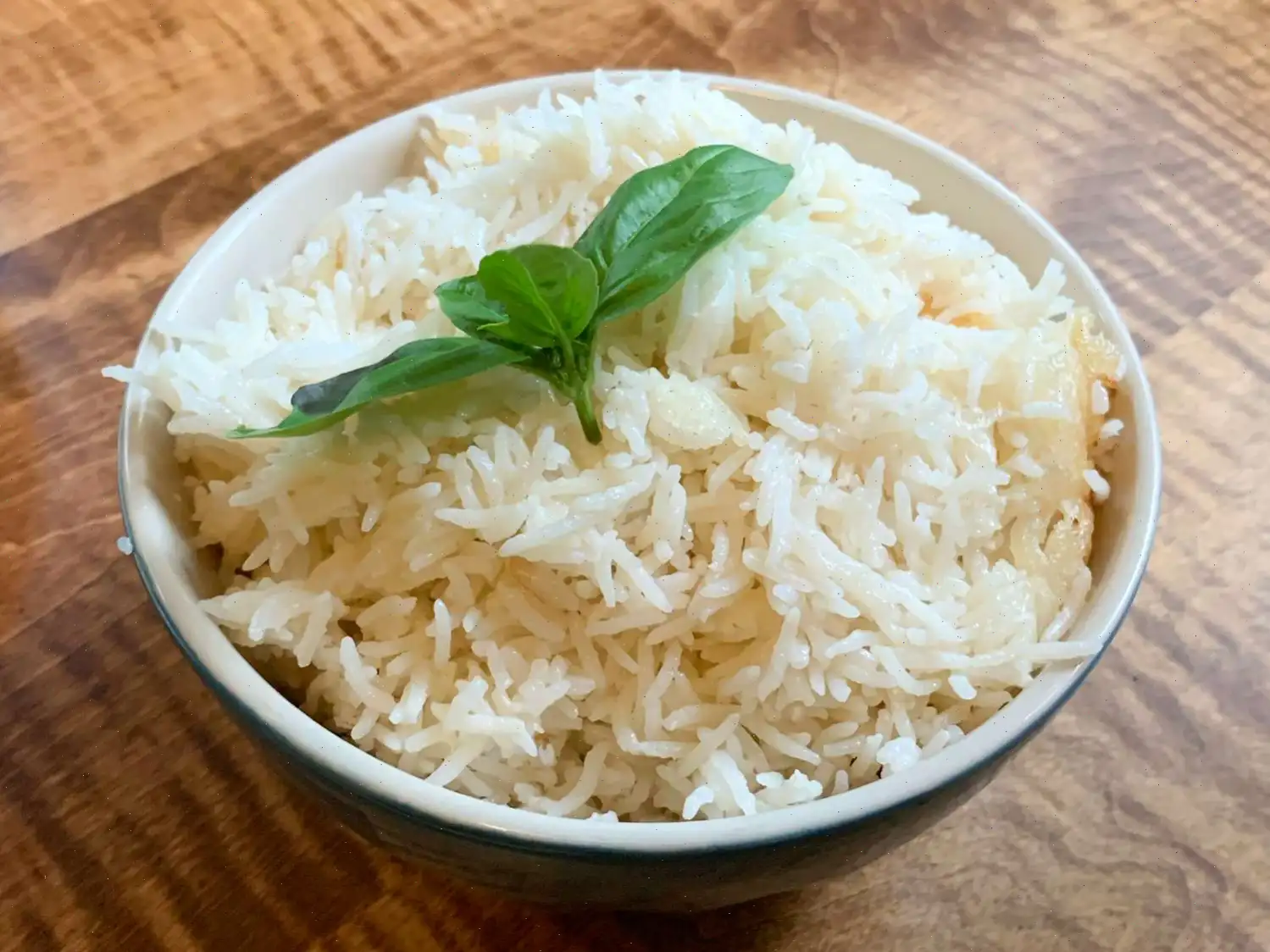
Baked Rigatoni Recipe
Ingredients
This recipe was developed at its original yield. Ingredient amounts are automatically adjusted, but cooking times and steps remain unchanged. Note that not all recipes scale perfectly. The original recipe yields 12 servings.
- 1 tablespoon olive oil
- 1 large onion, chopped
- 2 pounds mild Italian sausage links, casings removed
- 2 (28 ounce) cans Italian-style crushed tomatoes, undrained
- 2 cups water
- 3 tablespoons chopped fresh basil
- 1 tablespoon chopped fresh oregano
- 1 tablespoon chopped fresh parsley
- 1 (16 ounce) packages rigatoni pasta
- 1 pound mozzarella cheese, shredded
- 1 cups freshly shredded Parmesan cheese, divided
- Aluminum foil
Directions
- Heat olive oil in a large saucepan over medium heat. Add the chopped onion and cook until soft, about 3 to 4 minutes.
- Add the sausage, breaking it up as it cooks, until lightly browned and crumbly, about 6 to 8 minutes. Drain any excess grease.
- Stir in the undrained crushed tomatoes, water, chopped basil, oregano, and parsley. Bring to a boil over medium heat. Once boiling, reduce the heat to low and simmer, partially covered, for 25 minutes.
- Meanwhile, bring a large pot of lightly salted water to a boil. Cook the rigatoni in the boiling water, stirring occasionally, until tender yet firm to the bite, about 10 to 12 minutes. Drain the pasta, rinse under cool water, and drain again. Transfer the pasta to a large bowl and set aside.
- Preheat your oven to 350F (175C).
- Uncover the sauce and increase the heat to medium. Stir occasionally and cook until the sauce thickens, about 6 to 8 minutes. Remove the saucepan from the heat and add 2/3 of the sauce to the cooked pasta. Toss to combine.
- Stir in the shredded mozzarella cheese and 1 cup of the freshly shredded Parmesan cheese.
- Transfer the pasta mixture to a 9x13-inch baking dish. Pour the remaining sauce over the top of the pasta. Cover the dish with aluminum foil.
- Bake in the preheated oven for 25 minutes. Once done, uncover the dish, sprinkle with the remaining Parmesan cheese, and return to the oven to bake for an additional 10 minutes, or until lightly browned.
Cooks Note
If you like it spicy, you can use 1 pound of mild Italian sausage and 1 pound of hot Italian sausage. For a healthier version, try using turkey sausage. If fresh herbs arent available, you can substitute dried: 2 teaspoons of dried basil, and 1 teaspoon each of dried oregano and dried parsley. This recipe is easily halved or divided into two pans one to eat and one to freeze unbaked. If freezing and baking later, increase the baking time by 30 minutes.
Nutrition Facts (per serving)
| Nutrition Value | Amount | % Daily Value |
|---|---|---|
| Calories | 580 | |
| Total Fat | 26g | 33% |
| Saturated Fat | 11g | 55% |
| Cholesterol | 63mg | 21% |
| Sodium | 1326mg | 58% |
| Total Carbohydrate | 54g | 19% |
| Dietary Fiber | 3g | 12% |
| Total Sugars | 3g | |
| Protein | 32g | 63% |
| Vitamin C | 2mg | 2% |
| Calcium | 437mg | 34% |
| Iron | 3mg | 14% |
| Potassium | 332mg | 7% |
* Percent Daily Values are based on a 2,000 calorie diet. Your daily values may be higher or lower depending on your calorie needs.
History of Baked Rigatoni:
Baked Rigatoni, a quintessential Italian-American comfort food, has roots that trace back to the rich culinary traditions of Southern Italy. The dish was inspired by the pasta-centric culture of Italy, where hearty, baked pasta dishes like Lasagna and Pasta al Forno are staples. Rigatoni itself, which is a large, ridged tube pasta, is particularly popular in Southern Italy, where it is used in both baked and stovetop dishes. Over time, Italian immigrants brought their recipes to the United States, and Baked Rigatoni evolved into a beloved casserole-style dish, perfect for feeding a crowd or enjoying as a cozy family meal. The dish is typically made with a robust tomato sauce, Italian sausage, and a blend of cheeses, then baked to perfection, creating a golden, bubbling crust that adds to its irresistible appeal.
Regional Variations:
Though Baked Rigatoni is found across Italy, regional variations do exist. In Southern Italy, particularly in Naples and Sicily, the dish may be made with more traditional ingredients like ricotta, eggplant, or even anchovies. In contrast, Italian-American versions often include a combination of mozzarella and Parmesan cheeses, with a focus on the hearty addition of Italian sausage. In some variations, ground beef or veal is used instead of sausage, and the dish can be spiced up with a little heat by adding red pepper flakes. Additionally, in more rural areas, Baked Rigatoni might be made with whatever meats or cheeses are on hand, making it a versatile dish that adapts to the season and available ingredients.
How It Differs from Similar Dishes:
While Baked Rigatoni shares many similarities with other baked pasta dishes like Lasagna and Baked Ziti, there are distinct differences. Lasagna uses wide, flat pasta sheets layered with ricotta cheese, meat sauce, and bchamel sauce. Baked Ziti, on the other hand, uses shorter, tubular pasta and typically features a more minimalist approach to sauce and cheese. Baked Rigatoni, with its ridged tubes, allows the sauce to cling more tightly to the pasta, resulting in a more flavorful bite. Additionally, the hearty inclusion of Italian sausage in Baked Rigatoni distinguishes it from simpler, vegetarian pasta bakes, giving it a fuller, richer taste.
Where Its Typically Served:
Baked Rigatoni is a popular dish served at family gatherings, potlucks, and festive occasions, particularly during holidays such as Christmas and Thanksgiving in the United States. Its commonly found in Italian restaurants and is a go-to meal for those who crave a filling, comforting dish. In Italy, similar baked pasta dishes are served in homes, trattorias, and during special family celebrations. Due to its hearty nature, its often reserved for occasions that call for a substantial, satisfying meal. Its ability to feed a crowd makes it ideal for large family dinners or gatherings where guests can enjoy generous servings of this flavorful casserole.
Interesting Facts:
- Baked Rigatoni was originally crafted as a way to repurpose leftover pasta and meat, making it both economical and practical.
- The ridged shape of Rigatoni pasta is perfect for trapping sauces, making each bite rich in flavor.
- The Italian word "rigare" means "to scratch," which refers to the grooves on the pasta that help hold the sauce.
- Though often associated with Italian-American cuisine, Baked Rigatoni is not typically found in traditional Italian homes, where simpler pasta dishes like Pasta al Pomodoro or Pasta alla Norma are more common.
This hearty, baked dish remains a favorite in many homes, combining the best of Italian flavors with the convenience of a baked casserole. Whether youre serving it for a large gathering or a family dinner, Baked Rigatoni will surely satisfy everyones hunger and taste for comfort food.
FAQ about Baked Rigatoni Recipe
Comments
Scott King
02/02/2025 05:29:31 AM
This recipe was fantastic and simple to prepare. I decided to keep the sausage in slices instead of ground, which was the only modification I made. It easily satisfied the appetites of 7 hungry teenagers.



